always leave a tip. when i get poor service i leave a 2 cent tip on the bill or 2 pennies on the table and that tells them you didnt forget the tip but you tipped on how you thought the service was.
I Refused to Tip — I Don’t Care If It’s the Rule
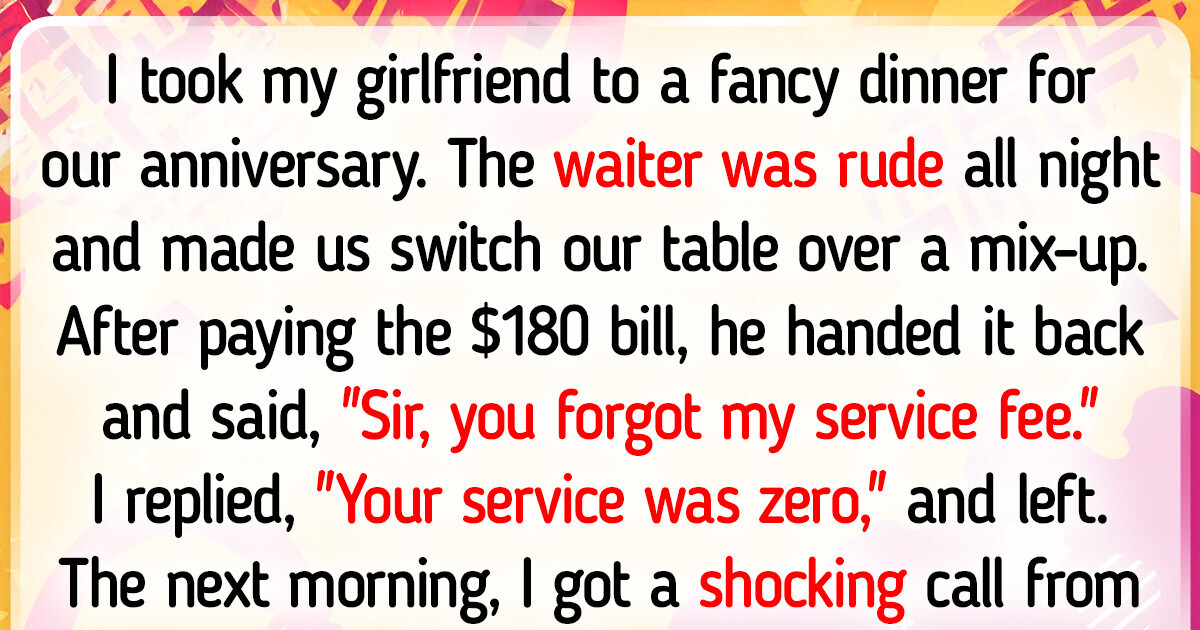
Tipping can spark heated debates, especially when the service falls short of expectations. Andy recently found himself at the center of such a controversy after an unpleasant experience at a high-end restaurant. Frustrated by the waiter’s poor service, he decided to leave no tip.
What happened next, however, was far from ordinary—the situation escalated quickly, turning unexpectedly dramatic. Feeling lost and furious, Andy reached out to us for advice.
This is Andy’s letter:
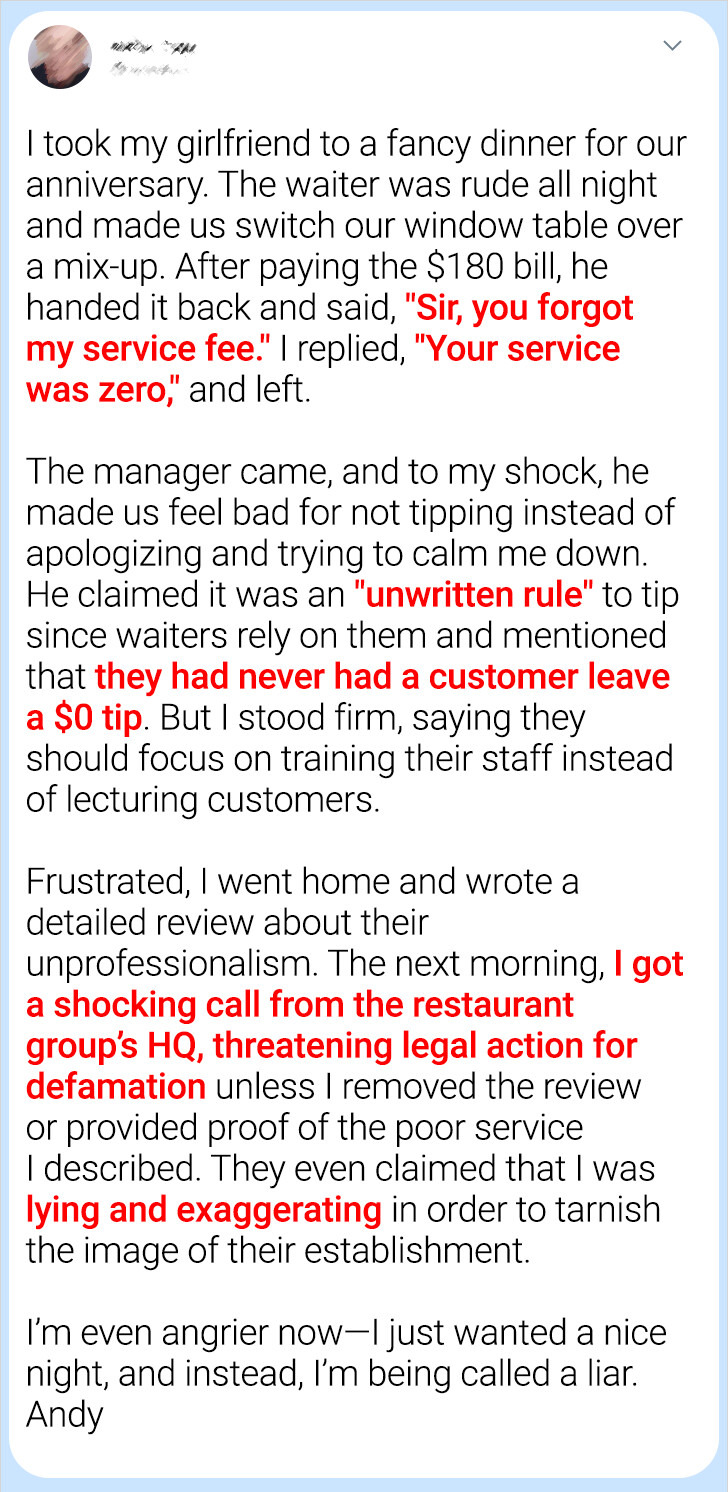
Hi Andy! Thank you for sharing your story. We’ve prepared some tips that can help you navigate through this situation.
Gather evidence of the incident.
If you haven’t already, document everything that happened during your dinner and the subsequent phone call. Include the details of the waiter’s rudeness, the manager’s confrontation, and the exact wording of the HQ’s threat. If possible, check your receipt for any notes or charges related to a service fee and save your review as proof.
This will help you defend yourself if the restaurant pursues legal action and show that your review was based on your genuine experience.
Respond to the HQ professionally.
Write a clear and professional email to the HQ, explaining the situation in detail and reiterating that your review reflects your honest experience. Politely mention that their legal threat is inappropriate and request a formal apology for their treatment.
This approach might de-escalate the situation and even prompt them to reevaluate their staff’s behavior instead of focusing on silencing your feedback.
Consult a lawyer about defamation laws.
Since they’ve threatened legal action, it’s wise to consult a local attorney familiar with defamation laws in your area. Explain the entire situation, including the HQ’s demands, and verify whether your review falls within your rights to free speech.
In many cases, as long as your review is factual and doesn’t include false accusations, you’re protected. This will give you clarity and confidence in how to proceed.
Amplify your story publicly (strategically).
If the restaurant persists in threatening you, consider sharing your story on public platforms or forums (e.g., social media or consumer complaint websites) to bring attention to their intimidation tactics.
Be careful to present your side clearly, with evidence, so you don’t escalate the situation unnecessarily. Often, public scrutiny can pressure businesses to address customer concerns more constructively instead of resorting to legal threats.
Mark recently found himself in a delicate tipping dilemma. After his in-laws invited the entire family to a fancy restaurant for dinner, his father-in-law unexpectedly asked him to cover the $300 tip. Caught off guard, Mark refused—and that’s when tensions escalated, turning the evening sour. The surprising aftermath has left everyone stunned. Read the full story here.
Comments
Seems here that the company was worried about the review, not worried about the waiter at all. I'd be inclined to attatch the company's threat to the end of your review.
Related Reads
I Confessed the Real Reason I Cut My Sister Out of My Life, and Her Response Shocked Me

15 True Hotel Stories That Are Too Surreal to Be Real
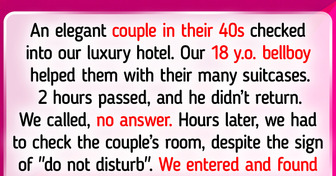
I Asked My Son’s Ex-Wife to Join Our Holiday Dinner — It Ended in Disaster

A Woman Who Was Shamed for the Size of Her Forehead Gets Plastic Surgery to Reduce It

21 Stories About Superheroes That Don’t Wear Capes

See If You Can Pass the FBI Special Agent Test

15+ Airplane Passengers Who Had a Shocking Experience on Board
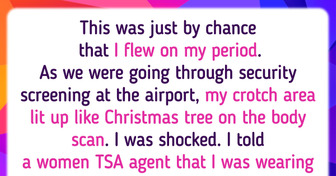
I Found My Mom’s Secret Diary and Revealed a Family Secret That Is Destroying My Life Now

15 Inimitable Children That Speak Better Than Some Adults

I Refuse to Let My Sister Get Away Without Repaying My Money, I’m Not Charity
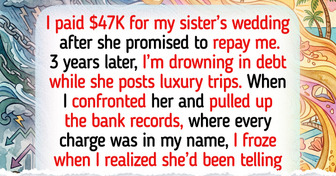
12 Moments That Teach Us to Choose Kindness Even When Life Turns Unfair

I Refused to Follow My Boss’s Dress Code—HR Had to Step In




